What Cities Make People Happy?
WHAT IS URBAN JOY.
Is it international flair ∙ good job prospects ∙ family opportunities ∙ sport ∙ culture ∙ entertainment ∙ enjoyment ∙ education · mobility … ? …
I have moved around a great deal in my life. I have been able to get to know different cities, countries, people and cultures. Contributing to these experiences were my family, my friends and obviously my employers, customers, cooperation partners and colleagues. And the opportunities they provided for joint success in work, design, planning and realisation, learning and living … fabulous.
In terms of “Life and Living” I have now taken a few key personal decisions:
What I like most of all is living in the heart of the city.
I just love being in the “thick of things”. I love the variety. The colour. Obviously, cities are not always just beautiful. They also have areas that are off-beat, loud, dirty and dangerous. Cities show us opportunities. They offer different views. They are home to many very different people. This does me good and makes me happy.
When it comes to key themes like the “city” and “urban living” I have, for a long time, been seeking conclusive answers to the three following questions – also very much in terms of what contributes to the pioneering success of effective international location marketing and serious city marketing projects…
What cities really make us happy?
Can you measure urban joy?
What is my city’s soul like?
Recently, a team from Cologne’s renowned rheingold Institut comprehensively researched these three questions, in an exciting Europe-wide study commissioned by car manufacturer Daimler.
To form a picture here 100 inhabitants in 31 small + large European cities were asked a long series of questions. These questions covered six areas. The answers had one goal: to provide an exact as possible snapshot of and insight into URBAN JOY.
The rheingold team polled a total of over 3,000 inhabitants from ten European countries. Based on interviews and surveys they drew up rankings of winning cities that make their inhabitants “particularly happy”.
In Italy, for example, people from Turin, Rome, Milan and Naples were asked about their city. In Germany it was inhabitants of Frankfurt, Berlin, Munich, Hamburg and Cologne. In Spain inhabitants of Valencia, Barcelona, Madrid and Seville voiced their opinions. In France citizens from Lyon, Paris, Bordeaux and Marseille shared their personal views on their cities …
The study gauged URBAN JOY on the basis of six factors which impact the joie de vivre of our cities – “The Big Picture”, “Contrasting Diversity”, “Thrilling Vibrancy”, “Homely Village Feel”, “Comprehensive Infrastructure”, “Constant Reinvention”.
These six areas gauge the level of our urban happiness in life – essentially the URBAN JOY INDEX. At the same time, we urban dwellers also perceive these six factors as daily challenges.
TRUE URBAN JOY is what we feel when we manage to successfully master these six areas in our daily lives.
 For instance, in the “Big Picture” category we are asked as inhabitants whether we can confirm statements like …
For instance, in the “Big Picture” category we are asked as inhabitants whether we can confirm statements like …
“Key and important things are happening in politics, culture and society in my city.”
Or, if we consider our city “international” and “varied” enough.
The downsides of large cities are also taken into consideration in this URBAN JOY study –such as issues as “rising rents” or “high prices”.
All these responses are then combined to calculate each city’s individual URBAN JOY ranking – the URBAN JOY INDEX. Each city can achieve a maximum of 100 points.
From a German perspective the results are pleasing: according to the assessments, Germany achieves a top position among the ten European countries. All five German cities polled achieve high and middle rankings and together achieve an average of 75.16 points out of 100. Nevertheless, other countries obviously also boast places where you can have a “more than good life”…
There is a taillight. MARSEILLE. This French port unfortunately only achieves a 58 point rating in terms of URBAN JOY, putting it in last place among the 31 European cities. Almost one in two inhabitants does not want to “…stay living in MARSEILLE long term” (44%). Also posting low ratings are questions like: “I like living in my city and can’t imagine living anywhere else” (only 47%).” Or: “I am happy to live in my city” (only 59%).
I admit, I have long been a fan of Italy. Which is why I am surprised that the two Italian metropolises of Milan and Naples rank badly in positions 29 and 30. Here the poor south of Italy is therefore not much behind the rich northern part of the country. In the URBAN JOY INDEX Naples amasses a total of 62 points. Only 64% of its polled inhabitants find NAPLES attractive. Nearly half of the polled inhabitants said they want to “leave their city in the medium term”. However, with its “alternative cultural scene” NAPLES was able to score plus points with an 80% rating.
For 90% of its inhabitants MILAN is a “key centre for politics, culture and fashion”. This figure is even higher than the ranking given by the inhabitants of the Italian capital of ROME. For 88% of MILAN’s inhabitants their city is “the city of fashion and trends”. However, over 81% find MILAN “far too expensive”. Here you “always need to fight to exist”. And this makes Milan’s inhabitants “dissatisfied”.
Surprisingly, BRUSSELS also gets a poor ranking – only 28th of the 31 European cities polled. At first sight this bad result is puzzling. On closer inspection things become clearer. Many BRUSSELS citizens are not at all impressed by the city’s central role in EU politics. EU decisions may be taken in BRUSSELS but only 47% of its citizens agree with the statement: “I feel part of a large whole”. Only 70% of those polled believe: “My city is a place of important events in politics and culture”. Many also perceive “the international reputation of their city” to be “very low”. Apparently, because in other countries it has now become normal to complain loudly and publically about the Belgian capital.
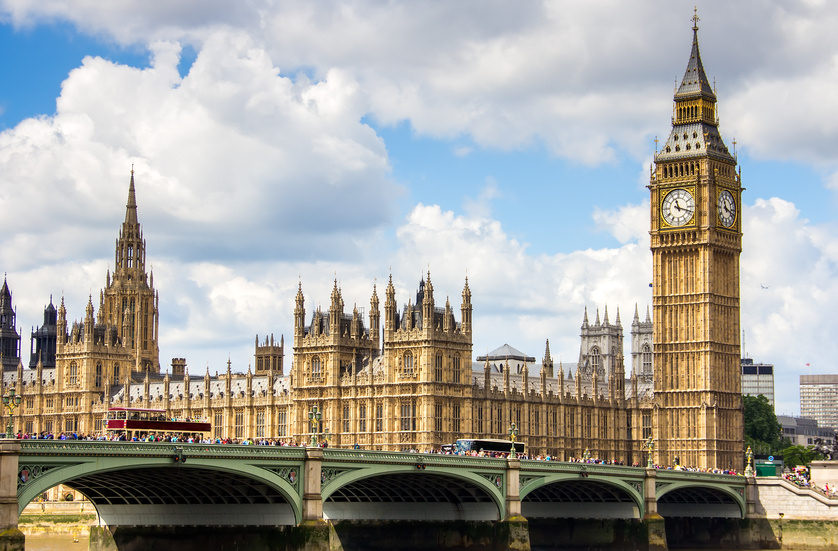 LONDON. The capital of Great Britain. This key European metropolis also ranks well down the list at Number 26 with an URBAN JOY INDEX of just 70 points. Inhabitants of other British cities seem considerably happier and more satisfied in their cities. For instance, inhabitants of MANCHESTER and GLASGOW give their cities an URBAN JOY INDEX of 74 and 73 points respectively. While LONDONERs like their city’s political and cultural offerings, 61% feel very unsafe due to crime levels. 92% of London’s citizens complain: “My city has become extremely expensive” and 79% believe: “In my city I cannot afford a flat.” However, it is not just the extremely high rents that many find a burden but also the “anonymity” of the big city. Almost half all LONDONERs polled said: “I miss the sense of familiarity”.
LONDON. The capital of Great Britain. This key European metropolis also ranks well down the list at Number 26 with an URBAN JOY INDEX of just 70 points. Inhabitants of other British cities seem considerably happier and more satisfied in their cities. For instance, inhabitants of MANCHESTER and GLASGOW give their cities an URBAN JOY INDEX of 74 and 73 points respectively. While LONDONERs like their city’s political and cultural offerings, 61% feel very unsafe due to crime levels. 92% of London’s citizens complain: “My city has become extremely expensive” and 79% believe: “In my city I cannot afford a flat.” However, it is not just the extremely high rents that many find a burden but also the “anonymity” of the big city. Almost half all LONDONERs polled said: “I miss the sense of familiarity”.
The five German cities polled for their URBAN JOY all rank highly. Which is why the overall German result is good.
Nevertheless… FRANKFURT (ranked 15th) and also BERLIN (13th) only rank in the middle ground compared with the rest of Europe. Most FRANKFURT locals say: “My city is rough and tough”. Though 81% see “good career opportunities” here. Many citizens also refer to “the international flair of their city”. 89% of FRANKFURT’s inhabitants believe: “My city is a cosmopolitan and globally respected metropolis.”
Less BERLINERs think this. Only 84% say the same of their city. Almost all inhabitants of the capital are “satisfied with the political and cultural offerings” but only 60% see themselves “as an active part of the capital scene”. Some perceive it as a “parallel world”. Only 58% of BERLIN’s citizens believe: “I can pursue a career in my city”.
In the three top spots – on the “winner’s rostrum” – are cities whose excellent results – with one exception – were also expected by the experts.
Joint 3RD PLACE … in Europe goes to the cities BARCELONA, MUNICH and COLOGNE. This trio share the excellent “third place”. The locals of these three cities are extremely happy to live where they do and score high on the URBAN JOY stakes at 80 points, far above the European 74 point average.
IN 2ND PLACE … is HAMBURG. This German Hanseatic city boasts an URBAN JOY INDEX of 85 points. 95% of the HAMBURG inhabitants polled find their city “very attractive”. 90% of its citizens say: “I find it exciting that there are extremely different lifestyles, people and personalities in my city”. In BERLIN, however, the figure was just 77%. 93% of HAMBURG’s inhabitants are convinced: “My city offers a great variety of alternative scenes and sub-cultures”. In the German capital only 87% of those polled confirm this statement.
IN FIRST PLACE … THE FRONTRUNNER … PORTO … This Portuguese port climbs to the winner’s podium in Europe in terms of URBAN JOY.
PORTO boasts the most satisfied and happiest inhabitants. They take their city’s URBAN JOY INDEX to 86 points. Over 94% find PORTO “very attractive”. 91% say: “I love the variety of my city” and “I am convinced I can always find something new in my city”. What is interesting … is that over 90% of PORTO’s inhabitants are also “very satisfied with the MOBILITY in their city”. In many European cities this specific area of mobility is a great shortcoming …
Images rights to the above overview “Urban Joy in Europe”: (c) copyright by DAIMLER AG
All other image rights in my blog feature entitled WHAT CITIES MAKE PEOPLE HAPPY: (c) copyright by fotolia
Thank you for reading. Comments are positively encouraged.
What do you think … What ranking would you give YOUR CITY in the fields of URBAN JOY and HAPPINESS IN LIFE …?
Should you have any questions or remarks please do not hesitate to contact me at any time.
I look forward to hearing from you.
Many Regards, Frank Mendel
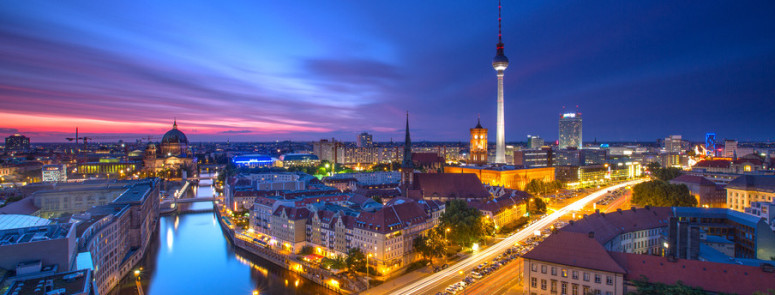
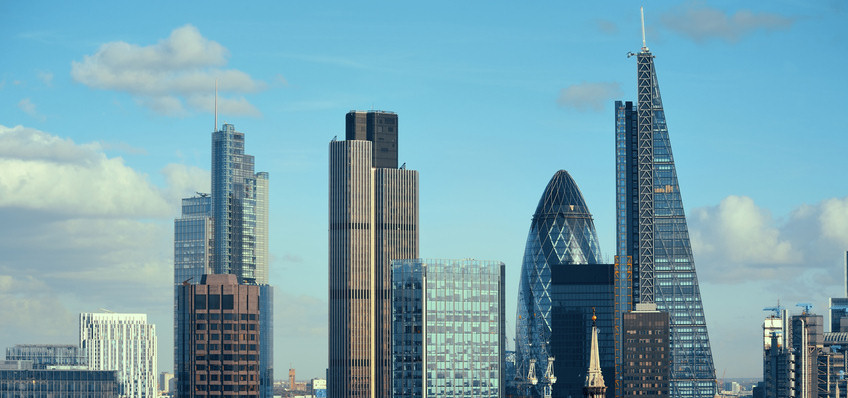

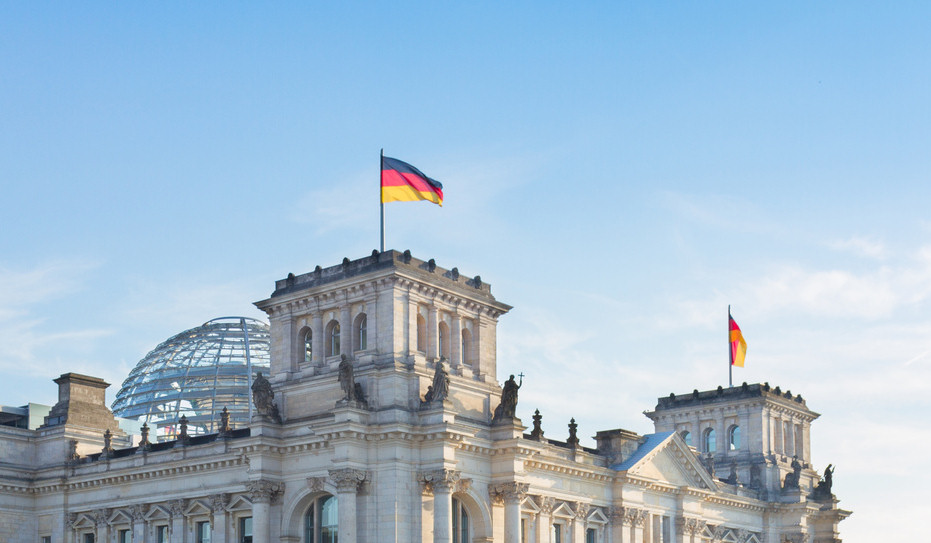

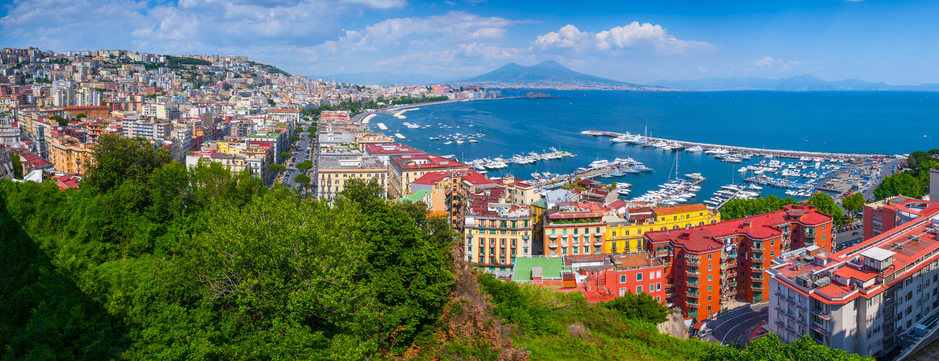
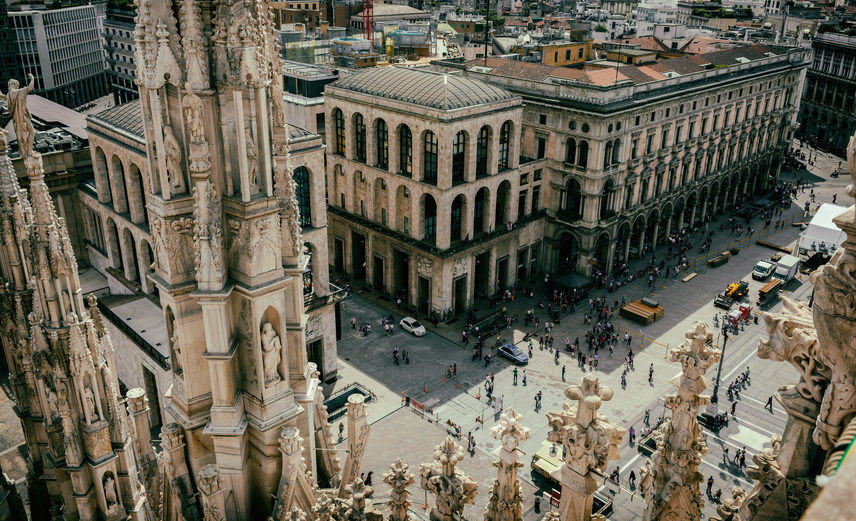
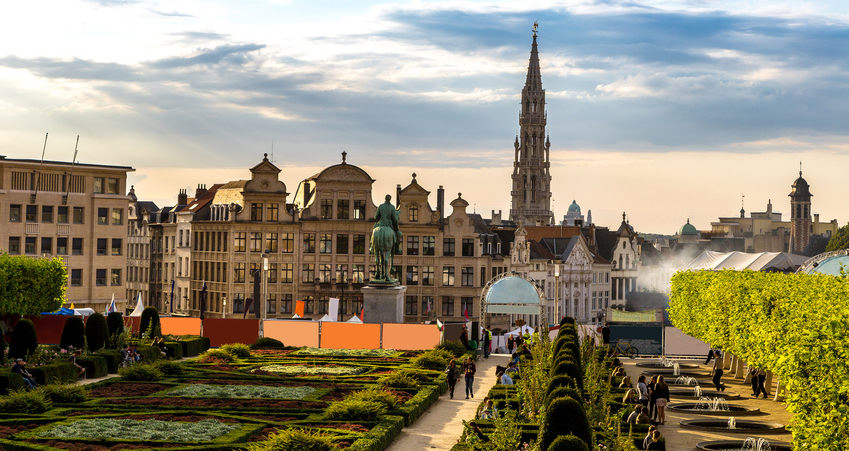

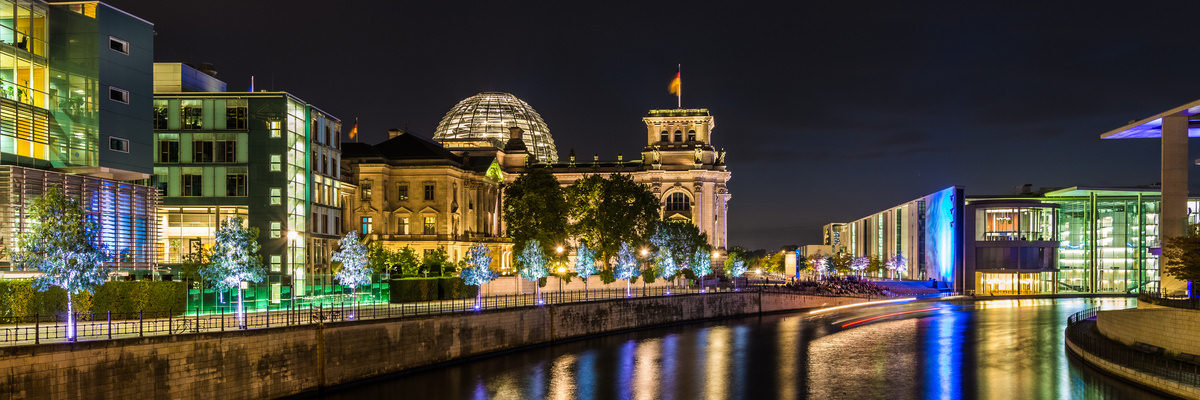

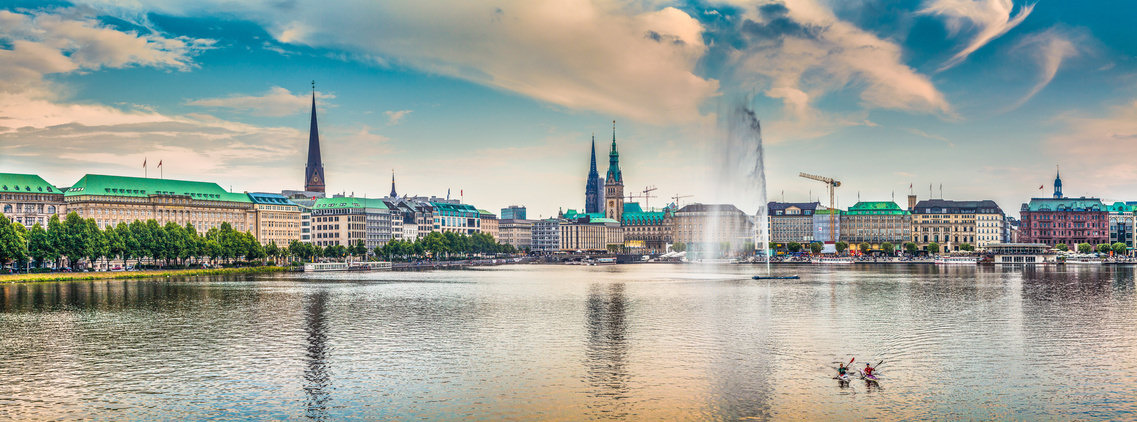


Hallo Herr Mendel,
ich interessiere mich für die Studie, aus der Sie hier zitieren des rheingold Instituts für den Automobilhersteller Daimler. Könnten Sie mir mitteilen, an wen ich mich wenden kann um sie zu erhalten?
Oder können Sie mir gar diese zukommen lassen?
Ich bin Promovendin an der TU Berlin und habe vier Städte bereist, erforscht. Ich würde gerne eine groben Abgleich meiner Daten mit dem o.g. machen. Oder einfach nur quer lesen.
Über eine Antwort bedanke ich mich im Vorhinein.
Mit freundlichen Grüßen, Svea Esins
Hallo Frau Esins, ich antworte Ihnen per E-Mail. Viele Grüße, Frank Mendel